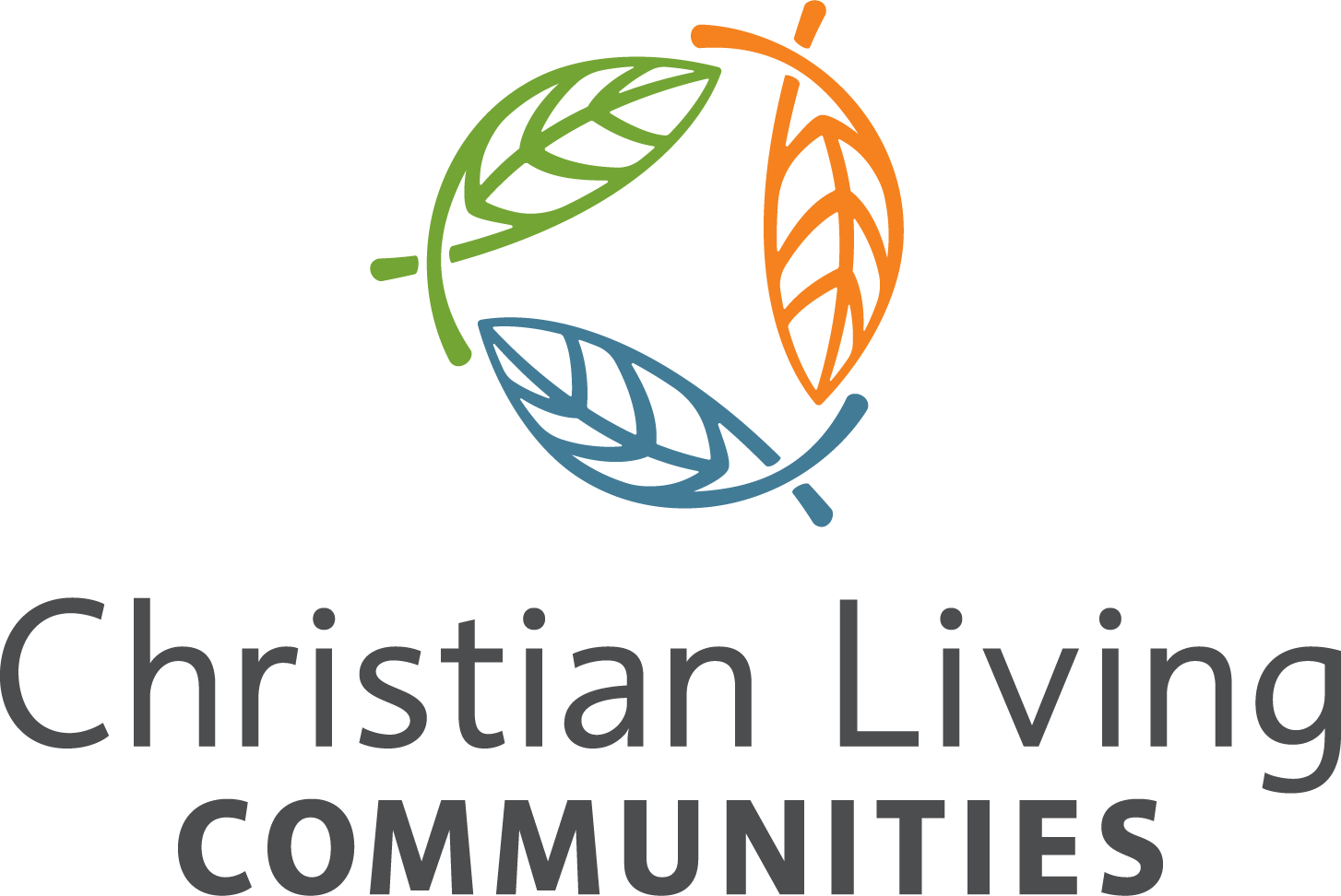Dissolving your relationship with your digital marketing agency is a significant decision that should not be taken lightly. To make this the smoothest transition possible, businesses need to consider several factors and ask for certain information. A 30-day handover of assets and logins is ideal but not always an option. Here are some important things to ask for when transitioning away from your digital marketing agency:
Access to Accounts and Data
This is by far the most important request you can make. Many agencies have exclusive access to platforms and recovering them after the split can be very difficult. Start by doing an audit of what you have admin-level access to. If you find you do not have access, you will need to ask for it as soon as possible. Here is a list to get you started.
Website
Website Backend – Regardless of the platform your website is built on, WordPress, Drupal or some other, you will need Admin-level access to the site.
Website hosting – Does your agency host your site or outsource it to another hosting service? Be sure to understand who hosts and how to get access. Usually, a hosting service is paid annually. If you want to continue with the current host, understand when it will expire and change the invoice to come directly to you. That way you can pay the fee before it expires and your website goes down. If you want to change hosting services, you will want to request a prorated refund for the months left on the contract.
Domain Registration – Hopefully, you have registered and own your domain. But if that is not the case, you will want to initiate a domain transfer. That means setting up a registry account with GoDaddy, BlueHost, or similar companies and asking your agency to transfer the domain to that account. This can take 24 to 48 hours so you will want to do that as soon as possible.
Plugins and Widgets – Your website may have plugins or widgets that are registered and paid for by your agency. For example, if you have photos on your website, those are usually displayed with a plugin. If that is a plugin registered to the agency, when the license expires it will no longer work. Request a list of all website plugins and widgets so you can evaluate what you still need and transfer ownership to those critical to your website’s successful function. Also, consider your contact forms and call tracking numbers. If they are connected directly with your CRM you may have issues if you do not own that account. See the CRM section below.
Google Analytics – Find out if your Google Accounts are under the agency or your company’s account. Even if the agency has set up the GA account you should have admin access at the account and property level. If you do not have one already, now is a good time to create a company Gmail account, however, you do not want to set up a new GA account. Doing so will mean losing all that valuable data the account has been collecting, eliminating your ability to create year-over-year reports.
Google Search Console – Like Google Analytics, GSC may have been set up by your agency. Be sure you have access and transfer the account to your newly created company Gmail account.
Google Business Profile – Do not overlook this important SEO asset. Found under Google Profile Manager, this account should be accessed from your company Gmail account, be sure it is, or ask for it to be transferred. Additionally, look under the Groups tab to see if the agency has your profile in a group only it has admin rights to. You can find this under Group Details in your Profile Manager dashboard. Click on manage users and be certain it says Primary Owner next to your company name. If the agency is listed as primary, you will want to request they change that.
Google Data Studio or Looker dashboard – Getting access to the GDS or Looker dashboards your agency has created is a time saver. Sometimes agencies use data integrators that are proprietary. This means you will have to start from scratch and build your own dashboards. It takes some time but is doable. Here is some help from Google.
AdWords account – An agency will have an enterprise-level AdWords account. That means the PPC campaigns you are running are directly under their control. It also means UTM or GCLIDs used to track the campaign performance are unique to their account.
Social Media and Online Reputation
Social Media Platforms – You may already have access to your Facebook, Instagram, YouTube, and Linked In accounts but are you an admin or super admin? If not, you may not be able to remove the agency’s control of your accounts when the relationship has ended. For Meta, FB, Instagram, and Threads, be sure your pages are under your own Business Manager Account and the payment source belongs to your company. Petitioning Meta or Google for access after the fact is an incredibly frustrating experience.
Reputation Management – Does your agency use a third-party program to manage your online reputation? If so, your profiles are likely part of an enterprise-level account. You will want to ask the software company to set up an account specifically for your company and transfer the profiles there.
CRM and Email Marketing Automation
CRM – Who owns your CRM? Who owns your lists? While these are important questions to ask when you are hiring an agency. It is also critical to understand when you are transitioning away from your agency. Be certain you own or can have your CRM transferred to your ownership. Just like the Google Analytics account, there is important current and historical information in your CRM. What about your email lists? Your prospects have opted into a list for you to be able to email them. You will need access to that list for future marketing campaigns. Also, audit your Email Automation for logos, watermarks, or other branding from the agency.
Creatives and Collateral
Collateral – If your agency has produced ads, digital creatives, brochures, or other collateral, be sure to request the digital and design files. Unless stated in your contract, your company should own the rights to the files, not the agency. The design files are important because they are the only way to make edits to the original files.
Brand Standard, Logos and USP – Sometimes agencies produce these files as part of a branding project. If so, be sure to request all the files including original design files.
This may not be a comprehensive checklist for transitioning away from your Digital Marketing agency, depending on the agency and what services you contract. But it will be a good starting point and a way to begin the conversation with your agency for a successful and professional transfer of those assets. Cappella Living Solutions offers sales and marketing consulting services. We are happy to support you in this transition process.
At Cappella Digital Marketing Solutions we are committed to supporting non-profit senior living communities through innovative digital marketing principles. Our mission is to apply the disciplines that have been successful in our own communities to strengthen the client’s online presence, elevate brand awareness and drive meaningful lead generation.
Want to chat? Contact us at CDMS@CLCLiving.org
About the Author
Robin Visser serves as Director of Marketing and Digital Strategies at Christian Living Communities. Robin has a wealth of digital marketing experience both in senior living and global industries, along with a background in broadcast and video production. Her strengths are in digital strategies and innovative ideas.


